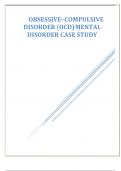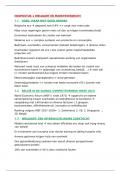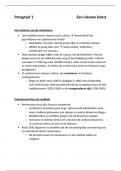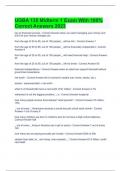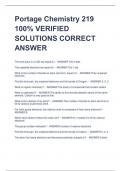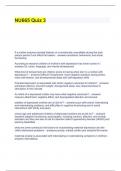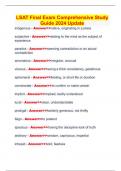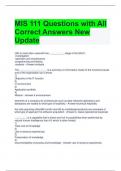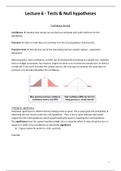Case uitwerking
OBSESSIVE–COMPULSIVE DISORDER (OCD)MENTAL DISORDER CASE STUDY
- Instelling
- Baylor College Of Medicine
I . I N T R O D U C T I O N a. Bio data of patient Name: Reeta rani w/o Shri Mukund lal Age: 46 years Gender: Female Religion: Hindu Address: Ladoka mandi, Fazilka Education: 10th Occupation: Housewife Marital status: Unmarried Languages known: Hindi, E...
[Meer zien]
